With new technologies revolutionizing data collection, wildlife researchers are becoming increasingly able to collect data at much higher volumes than ever before. Now we are facing the challenges of putting this information to use, bringing the science of big data into the conservation arena. With the help of machine learning tools, this area holds immense potential for conservation practices. The applications range from online trafficking alerts to species-specific early warning systems to efficient movement and biodiversity monitoring and beyond.
However, the process of building effective machine learning tools depends upon large amounts of standardized training data, and conservationists currently lack an established system for standardization. How to best develop such a system and incentivize data sharing are questions at the forefront of this work. There are currently multiple AI-based conservation initiatives, including Wildlife Insights and WildBook, that are pioneering applications on this front.
This group is the perfect place to ask all your AI-related questions, no matter your skill level or previous familiarity! You'll find resources, meet other members with similar questions and experts who can answer them, and engage in exciting collaborative opportunities together.
Just getting started with AI in conservation? Check out our introduction tutorial, How Do I Train My First Machine Learning Model? with Daniel Situnayake, and our Virtual Meetup on Big Data. If you're coming from the more technical side of AI/ML, Sara Beery runs an AI for Conservation slack channel that might be of interest. Message her for an invite.
Header Image: Dr Claire Burke / @CBurkeSci

Explore the Basics: AI
Understanding the possibilities for incorporating new technology into your work can feel overwhelming. With so many tools available, so many resources to keep up with, and so many innovative projects happening around the world and in our community, it's easy to lose sight of how and why these new technologies matter, and how they can be practically applied to your projects.
Machine learning has huge potential in conservation tech, and its applications are growing every day! But the tradeoff of that potential is a big learning curve - or so it seems to those starting out with this powerful tool!
To help you explore the potential of AI (and prepare for some of our upcoming AI-themed events!), we've compiled simple, key resources, conversations, and videos to highlight the possibilities:
Three Resources for Beginners:
- Everything I know about Machine Learning and Camera Traps, Dan Morris | Resource library, camera traps, machine learning
- Using Computer Vision to Protect Endangered Species, Kasim Rafiq | Machine learning, data analysis, big cats
- Resource: WildID | WildID
Three Forum Threads for Beginners:
- I made an open-source tool to help you sort camera trap images | Petar Gyurov, Camera Traps
- Batch / Automated Cloud Processing | Chris Nicolas, Acoustic Monitoring
- Looking for help with camera trapping for Jaguars: Software for species ID and database building | Carmina Gutierrez, AI for Conservation
Three Tutorials for Beginners:
- How do I get started using machine learning for my camera traps? | Sara Beery, Tech Tutors
- How do I train my first machine learning model? | Daniel Situnayake, Tech Tutors
- Big Data in Conservation | Dave Thau, Dan Morris, Sarah Davidson, Virtual Meetups
Want to know more about AI, or have your specific machine learning questions answered by experts in the WILDLABS community? Make sure you join the conversation in our AI for Conservation group!
- @Kasi
- | He/him
Game Rangers International
Kasi Amor Kalande is a young conservationist with experience in elephant movement research, GIS, and conservation technology.
- 1 Resources
- 0 Discussions
- 7 Groups
- @Manahil_ijaz
- | she
I’m a nature enthusiast who loves exploring wildlife and ecosystems. Through my research in ecology, I channel this passion into protecting and preserving biodiversity.
- 0 Resources
- 0 Discussions
- 3 Groups
- 0 Resources
- 0 Discussions
- 4 Groups
- @Doris0511
- | She/Her
Founder of Life on Purpose Detroit, we work with Detroit Youth to learn about technology and conservation.
- 0 Resources
- 0 Discussions
- 3 Groups
- @Phillip_Swart
- | He
I'm a conservationist working in the Vulture conservation space in South Africa with a huge passion for technology.
- 0 Resources
- 0 Discussions
- 18 Groups
- @GrunCrow
- | She/They
Computer Scientist
- 0 Resources
- 0 Discussions
- 10 Groups
- @Prabisha
- | she/her
Dedicated research scientist with over 8 years of experience in cartography, spatial analysis, and statistical modeling to tackle environmental, public health, and socio-economic challenges. Passionate about leveraging geospatial technology to drive impactful solutions.
- 0 Resources
- 0 Discussions
- 12 Groups
- @hannahilea
- | she/her
- 0 Resources
- 0 Discussions
- 6 Groups
Ecodash.ai is an artificial intelligence platform for ecological modeling, design, and restoration.

- 0 Resources
- 4 Discussions
- 7 Groups



- 9 Resources
- 2 Discussions
- 9 Groups
- @TMaroulis
- | He
Farmer/Engineer looking to apply technology to the rangelands
- 0 Resources
- 0 Discussions
- 3 Groups
Data Scientist/AI Engineer, Birdwatcher, Trail Runner: here to learn about conservation tech & contribute where I can.
- 0 Resources
- 0 Discussions
- 11 Groups
A collaborative and cross-disciplinary meeting of audio data scientists spawns creative research collaborations
3 October 2022
Check out these openings to join Google's global Sustainability Programme. Location varies.
3 October 2022
Authors developed system to acoustically identify individual animals (under varying conditions) using combo of multi-scale information integration, multi-channel audio & multi-task learning. Tested on captive group...
3 October 2022
Link
Open-source image database that standardizes & aggregates expertly curated labeled underwater data, enabling AI in the ocean. Seeded with existing imagery of marine animals, underwater equipment, debris, etc. &...
27 September 2022
Careers
The Senior Conservation Technology Specialist will be responsible for providing technical advice and capacity development to GWP project teams on conservation technology, distilling challenges and lessons from project...
22 September 2022
Link
Listen to Tanya Berger-Wolf's conversation about AI for Wildlife Conservation and imageomics with Lauren Burke on the Women In Analytics After Hours Podcast.
21 September 2022
Amazon Sustainability is welcoming proposals related to climate risk/resilience, life cycle assessment, circular strategies, and more. Selected PIs receive unrestricted funds, no more than $80,000 USD on average
20 September 2022
As UNGA begins, Google.org is committing $25M to accelerate progress towards the UN's Sustainable Development Goals. Applications are now open for nonprofits and social enterprises.
16 September 2022
IBM Research Scientists are charting the future of Artificial Intelligence, creating breakthroughs in quantum computing, discovering how blockchain will reshape the enterprise, and much more. Join a team that is...
16 September 2022
Join my brand new group at MIT in Fall 2023!!
12 September 2022
Careers
The BirdNet team are seeking to fill three roles, including an Ecologist, Data scientist and an Embedded Systems Engineer based in Germany.
9 September 2022
At the Inria Sophia Antipolis - Méditerranée center. The project will pursue two different methodological goals: (1) explore the use of natural language bottlenecks describing visible traits or other visual...
1 September 2022
June 2025
event
July 2025
October 2025
event
event
December 2023
event
73 Products
Recently updated products
16 Products
Recently updated products
| Description | Activity | Replies | Groups | Updated |
|---|---|---|---|---|
| yep! Drop me an email at stephanie.odonnell@wildlabs.net and I'll get you a link. Steph |
|
AI for Conservation | 5 years 11 months ago | |
| Artificial intelligence & Machine Learning Algorithms are transforming data analysis, but little is known about how they... |
|
AI for Conservation | 6 years 2 months ago | |
| Hi Colin, At the BearID Project, we are working on a similar problem for brown bears. We are currently using machine learning methods developed for human facial recognition (... |
|
AI for Conservation | 6 years 3 months ago | |
| Hi Ollie, Great article, thank you! I mostly work with responsible AI in other contexts, at Doteveryone.org.uk and the Trust & Technology Initiative at the... |
|
AI for Conservation | 6 years 3 months ago | |
| In case you missed it, last year the British Ecological Society published A Guide to Reproducible Code in Ecology and Evolution... |
|
AI for Conservation | 7 years 2 months ago | |
| Hey Steffen, I know you've had a student working on this challenge for the past year - how is this project progressing? If you (or your student) have a moment,... |
|
AI for Conservation | 7 years 6 months ago | |
| Hi Kate, It's really exciting to hear that you've now launched the challenge, congratulations on getting to this point! It's going to be interesting to... |
|
AI for Conservation | 7 years 7 months ago | |
| If you're interested, you can check out the live recordings from past events (links below take you to the videos): August: The Blockchain The Blockchain's potential... |
|
AI for Conservation | 7 years 8 months ago | |
| Hypraptive and Brown Bear Research Network collaboration to develop a deep learning, brown bear face identification system: BearID Project. [Disclosure: I am a member of... |
|
AI for Conservation | 7 years 8 months ago | |
| It looks like they haven't updated for a couple of years do you know if it is still active or are they changing to a different system like tensor flow? |
|
AI for Conservation | 7 years 9 months ago | |
| Here' s a press release we put out today talking about how we're using a deep convolutional neural network to find and curate whale... |
|
AI for Conservation | 8 years ago | |
| For those interested: in the acoustics channel I have posted news on our sound event recognition sensor, using conv-net: https://... |
|
AI for Conservation | 8 years 1 month ago |
Tech Tutors: How do I start a Tech4Wildlife collaboration?
28 January 2021 12:55pm
30 January 2021 2:26am
Hi. Just watched the Youtube version (I'm in the unable to watch live hemisphere) and wanted to say that was a great talk. I wish it could have gone for another hour. I liked hearing about the issues and concerns from Melanie on the biology/ecology side. Also could totally relate to what Ed was talking about from the tech side about how it's difficult to have long term collaborations since there isn't really a conservation technology career path at the moment.
I think one of the things we're trying to do with courses like Build Your Own Datalogger is to get people involved in wildlife/conservation side more comfortable with the tech. The goal is to hopefully build a shared repository of technical knowledge that people in the wildlife community can contribute to and benefit from.
Akiba
Protecting Wildlife with Machine Learning
29 January 2021 12:00am
How do I launch machine learning projects using MLOps?
25 January 2021 12:00am
How do I start a Tech4Wildlife collaboration?
18 January 2021 12:00am
Edge Impulse Becomes the First AI Company to Join 1% for the Planet
15 January 2021 12:00am
X-Prize for Rainforests
26 November 2019 9:19am
23 June 2020 7:06pm
I think if you added it to your calendar through the registration button on the Rainforest XPrize site, it added the link to join to your calendar.
30 June 2020 5:45pm
Hi everyone!
I only just came across this thread and the Rainforest XPrize. I would love to be a part of the team if it's not too late. I filled out the Google Sheet form with my experience, but I also wanted to post a note in the form. I have experience managing conservation tech projects (with some members of this forum!), testing tech in the field, and conducting biodiversity surveys in the Amazon. I read through the Google Docs notes from previous meetings and you all have some interesting ideas. I would love the be a part of future planning meetings if you'll have me!
11 January 2021 7:06pm
I know I'm very late, but I only discovered this recently. Is your team still active/accepting new members?
Tech Tutors: How do I use pattern matching analysis to label acoustic data with RFCxArbimon?
17 December 2020 3:31pm
17 December 2020 9:22pm
Thanks everybody for joining today's session! I've attached the article here that describes Pattern Matching in greater detail to respond to some of the questions from today's session.
Also, here is a link to our Privacy Policy and our Terms of Service for the individual who had questions about GDPR. Feel free to contact us at support@rfcx.org with any other questions about the platform or Pattern Matching in general!
23 December 2020 3:21am
Zephyr and Marconi, thanks for the great talk and your hard work that made this platform available to the public!! I'm experimenting with the pattern matching function to create some training data but have issues trying to get the "Jobs'' to run. I only have 18 files for each of these tests, but only 1 processed to 11.1% while two others stay at 0%. The internet connection was briefly interrupted when I created the first job and was fine later on. I can only Hide, not delete or re-run these jobs, so I'm not sure what to do. Any suggestions would be greatly appreciated. Thanks so much!
23 December 2020 3:27pm
Hi @pmnguyen1224 , thanks for reaching out and checking out the system! We would love to help ensure that you're able to get pattern matching to work for you! I do have a few questions for you so we can replicate issue you are experiencing. Would you mind emailing us a couple screenshots and your original message above at support@rfcx.org to get started? Or feel free to send us a chat if that's easier, by clicking on the chat icon on https://arbimon.rfcx.org/. Looking forward to supporting you moving forward!
British Antarctic Survey: Monitoring Whales From Space
21 December 2020 12:00am
Realtime video analysis using ML on Raspberry PI
25 September 2020 3:15pm
11 December 2020 12:19pm
Hi Andrew,
Yo need to train a lightweight DNN model for bird flocks which can then be deployed on Raspberry Pi. For initial starters, you can look into the below tutorial:
https://www.pyimagesearch.com/2017/10/16/raspberry-pi-deep-learning-object-detection-with-opencv/
Best
Piyush
FIS Call for Expressions of Interest (closed)
8 December 2020 12:00am
How do I use pattern matching analysis to label acoustic data with RFCx Arbimon?
8 December 2020 12:00am
Making the Most of Tech Tutors Season 2!
30 November 2020 12:00am
Kaggle Competition: Species Audio Detection
24 November 2020 12:00am
WILDLABS Tech Tutors: Season Two
24 November 2020 12:00am
WILDLABS: Building a Better World with ‘Bad’ Data
17 November 2020 12:00am
Weekly Event: OTN Virtual Study Hall
 Ocean Tracking Network
Ocean Tracking Network
16 November 2020 12:00am
Google unveils search engine for open data
6 September 2018 4:26pm
10 September 2018 7:57am
I agree – this is a very welcome development, and it’s early days; I’m sure it will improve rapidly though. Whilst recognising that there are lots(!) of excellent data repositories out there already, with necessarily specialist functionality, there’s long been a need for something that can overarch these effectively, a ‘discovery portal of discovery portals’. Hopefully this can help do that.
After a cursory look, a couple of things struck me, from a user perspective: 1 –definitely some odd/limited search results at the moment, but as noted it’s early days – it’ll snowball as data owners get on board and standards adjust accordingly. 2 – more search tools would be beneficial e.g. date range tools, a map/bounding box search tool (cf Microsoft’s FetchClimate tool).
I also wanted to understand a bit more behind how it’s working – I assumed markup but wondered what ‘semantic web’ stuff this is drawing on. This article gives a bit more info, but I wonder how different it is to other efforts in this regard, e.g. how ARIES team have been developing semantic based tools to find best available datasets for ecosystem service modelling.
Final thought – it raises interesting questions and challenges about how to ensure things like quality and suitability are going to be measured objectively. It seems like this is an issue to be tackled as the tool develops and data owners engage more as it grows…
20 May 2020 10:24am
Hi all,
I'm fairly new to conservation technology and just getting acquainted with the extent and problems in the field. Data aggregation, standardisation and storage keep popping up as chronic problems across a lot of areas. Data seems to exist in sort of silos with different filing and access arrangements between them.
I would be interested to hear: Has the google dataset search improved drastically since its inception? Are there alternative solutions out there, or are there efforts to create them?
For example, from the bioacoustics meetup the other day, the vast datasets from the Australian Acoustic Observatory and Cornell Bioacoustics Centre don't seem to show up on google dataset search.
Andy the ARIES team you mentioned released a preview video of the interface with their ecosystem services modelling software. It seems really cool, is this something that would be useful for researchers outside of strict ecosystem services e.g. distributions of particular species temporally and spatially? What do you think of their software?
I'm not certain I'm asking the right questions here, but I'd be curious to hear your thoughts on any of this if you have any time.
15 November 2020 1:04am
This is great, thanks for sharing.
Hackathon Opportunity: Vaquita Hacks
10 November 2020 12:00am
Using Computer Vision to Protect Endangered Species
10 November 2020 12:00am
Upcoming AI for Conservation Events and Webinars
29 October 2020 10:57am
29 October 2020 11:02am
AI for Climate Forum: Lightning Talks
Bonnie Lei, Microsoft AI for Earth - 4pm GMT, October 30
Register here: https://us02web.zoom.us/webinar/register/WN_wO6ek5dTSMOmYqeMCDbkoQ
As part of the AI for Climate Forum 2020, we will host a series of Lighting Talks with industry leaders, academic representatives and researchers, NGO leaders, and policymakers; that will share ideas about the future of conservation and the harnessing of exponential technologies in the fight against climate change.
Next Guests:
October 30: Bonnie Lei, Head of Global Strategic Partnerships at AI for Earth/ Microsoft
November 6: Jenny Lawton, Startup Founder, and Innovation Expert
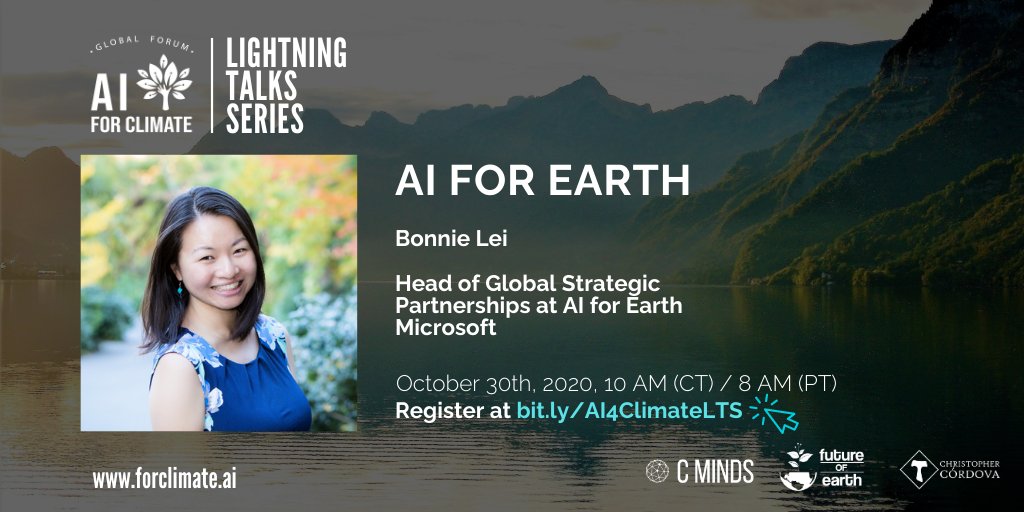
Tech Tutors: How do I train my first machine learning model?
18 June 2020 1:19pm
8 October 2020 9:45pm
Hi Wildlabbers,
Just popping in to share this very cool primer for beginners to embedded machine learning from our tutor Daniel Situnayake! If you're interested in learning more about the basics of TinyML, this is a great resource.
-Ellie
Training Opportunity: HarvardX TinyML Course
 edX
edX
30 September 2020 12:00am
Webinar: Advances in Fisheries Electronic Monitoring
 SAFET
SAFET
21 September 2020 12:00am
Tech Tutors: Review Session
3 September 2020 12:00am
Sustainable Fishing Challenges: Fishing Gear Innovations
19 August 2020 12:00am
Challenge: ElephantEdge
11 August 2020 12:00am
Event: StreamingScience's #Tech4Wildlife Thursdays
 StreamingScience
StreamingScience
3 August 2020 12:00am
Automated Fish Identification and Abundance Using Artificial Intelligence
28 July 2020 12:00am
BearID To Go
21 July 2020 12:00am
Competition: Cornell Birdcall Identification
8 July 2020 12:00am

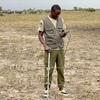





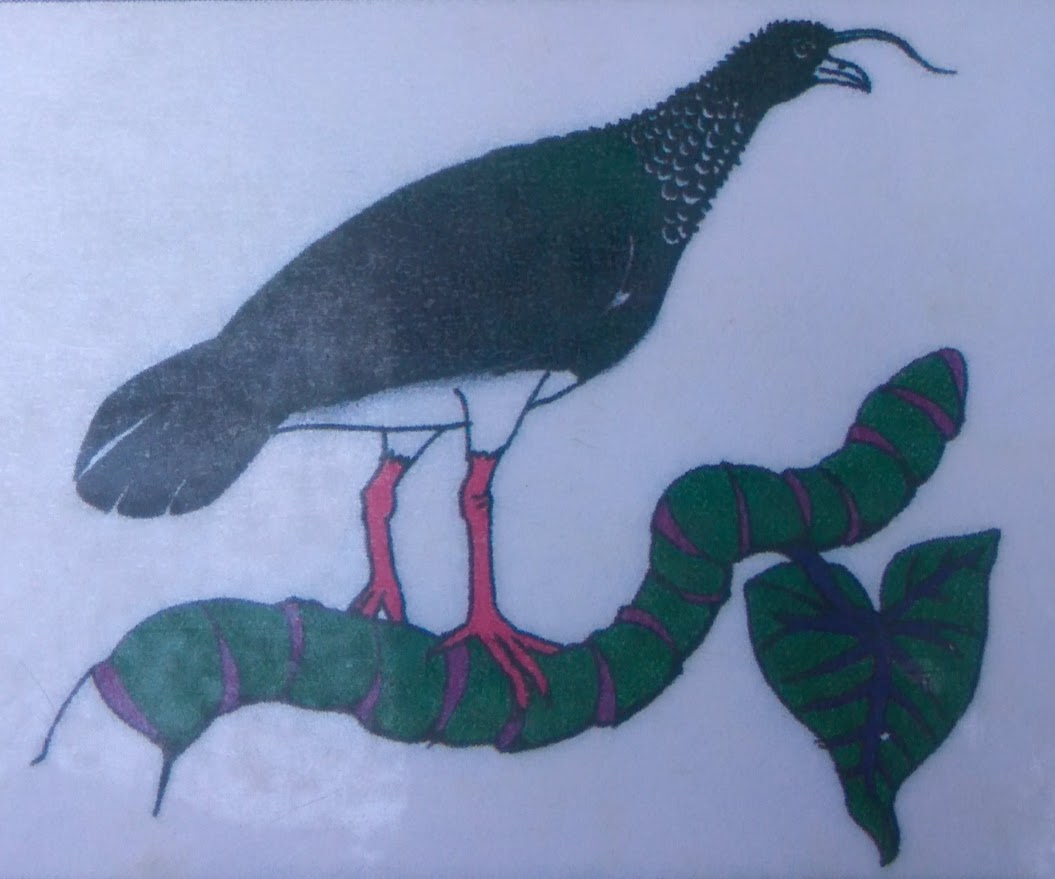

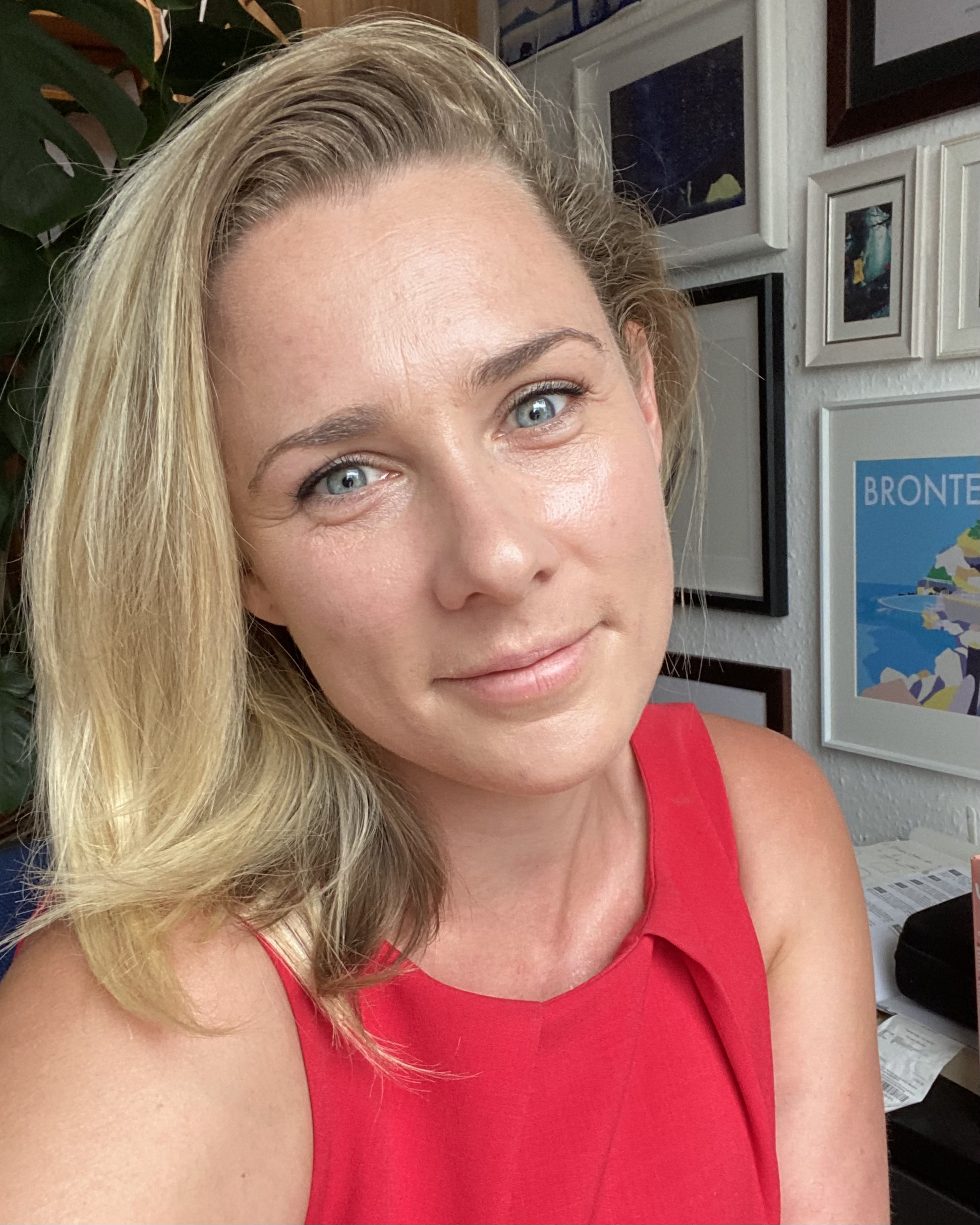
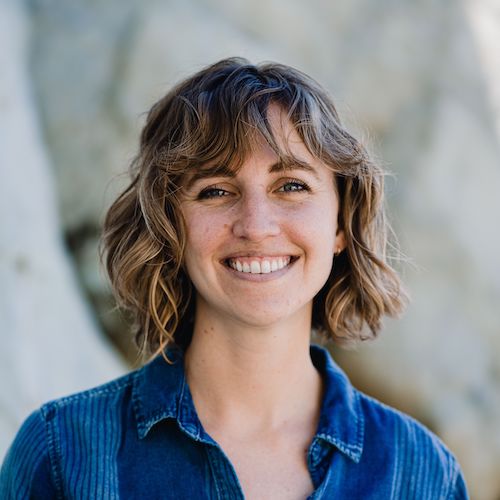
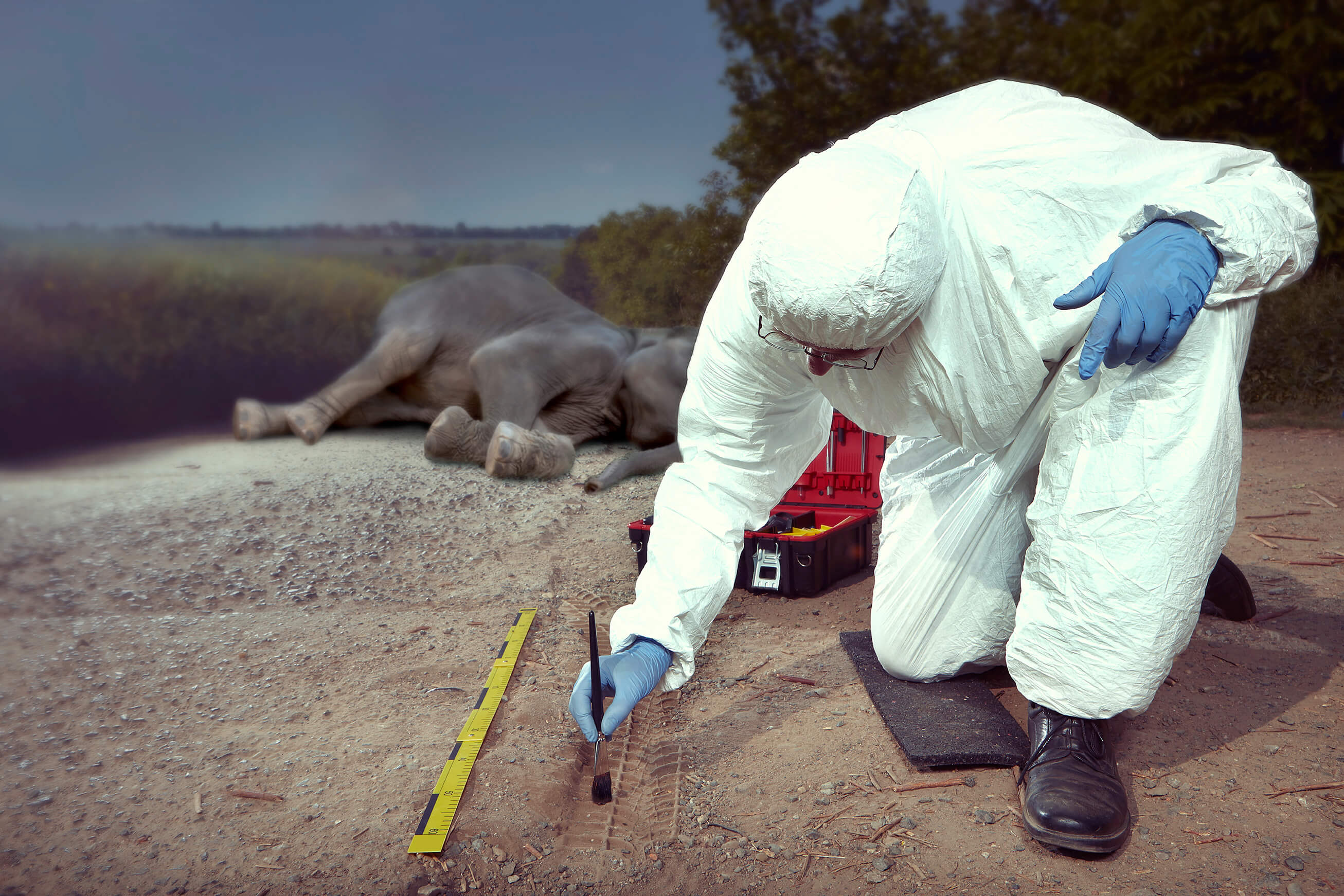
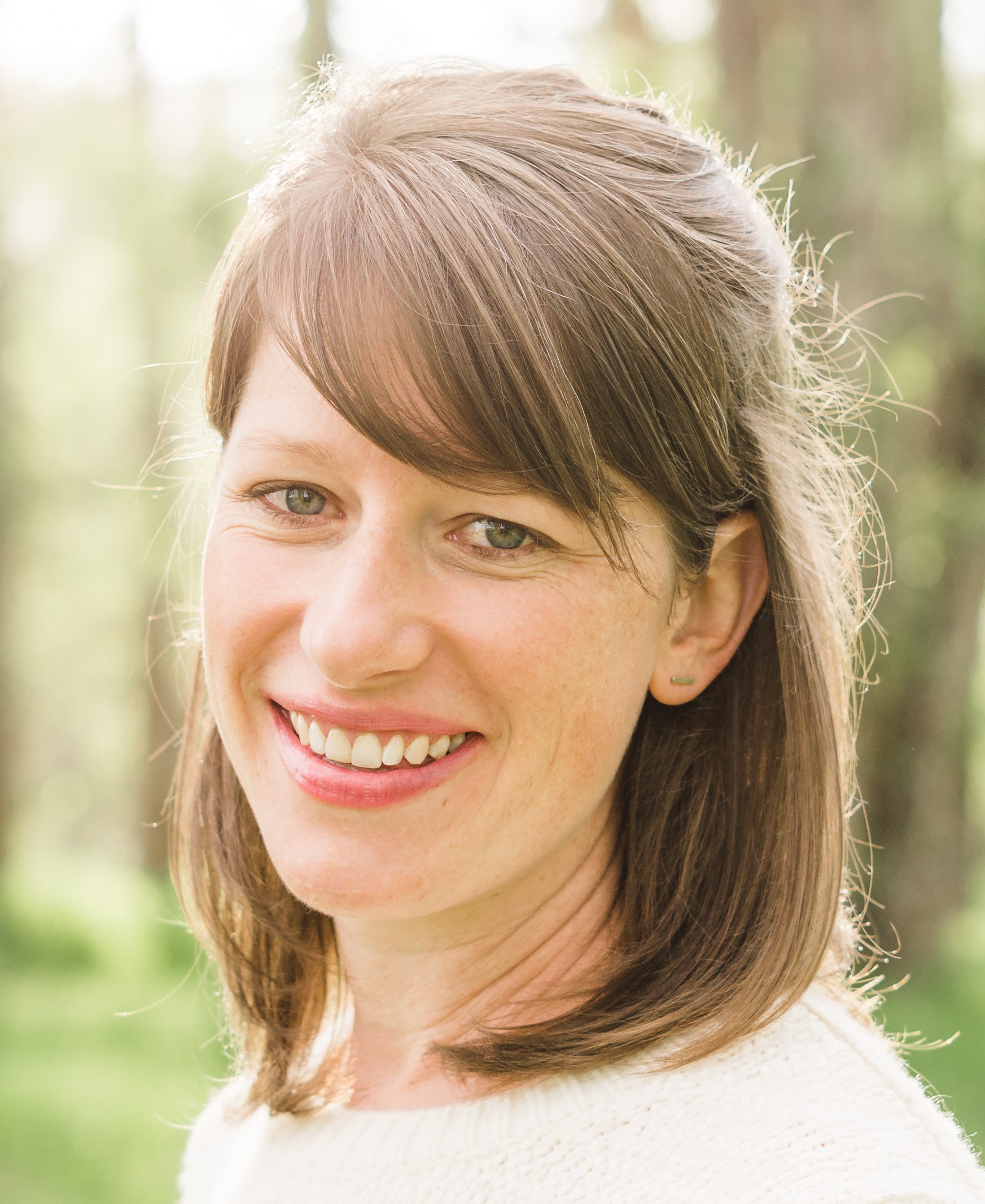
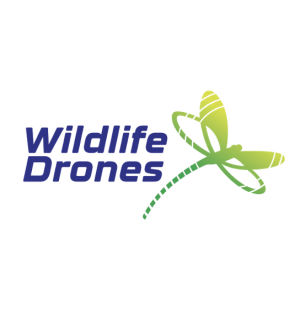



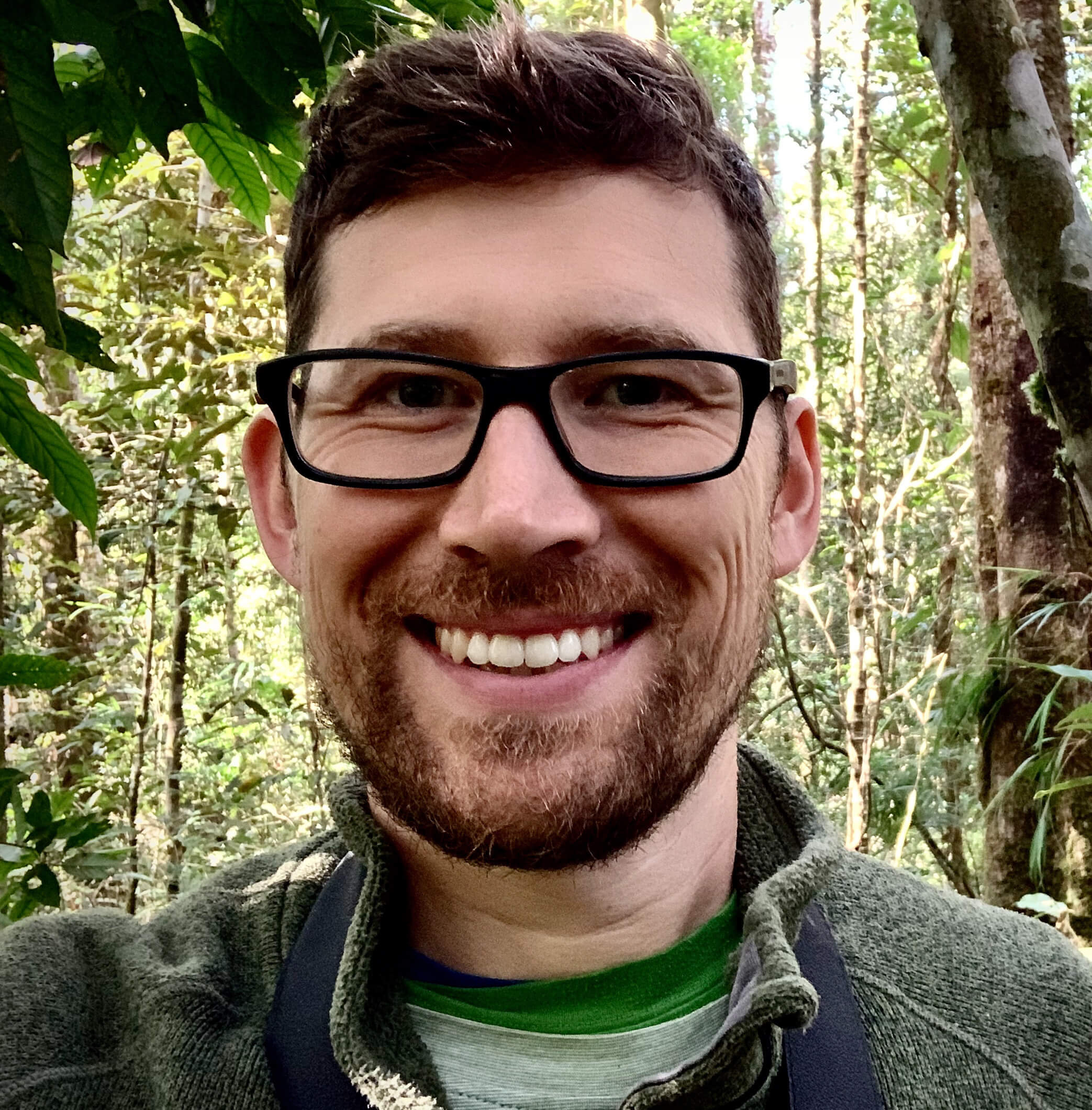



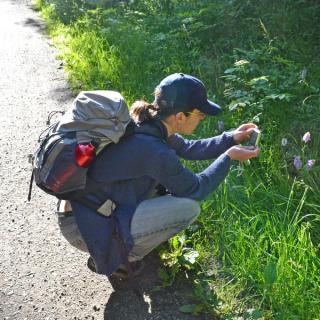
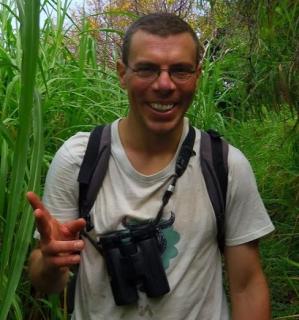
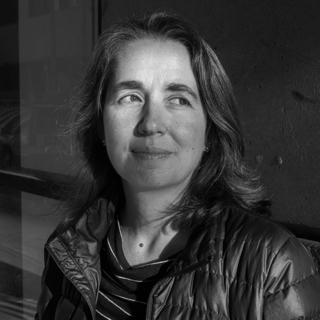







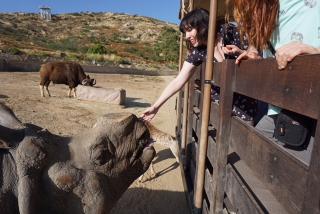




















28 January 2021 6:22pm
One barrier that was discussed in the presentation was the "risk" or uncertainty of a payoff when talking to potential funders. It seems to me that the "risk" factor of collaborations like this, for funders, would be analogous to the investment and payoff when developing a genomics program. Relative to traditional field research, it takes a much greater investment in time, with different expertise, to create a reference genome for a species of interest and then pull SNPs, etc. Nevertheless, funders seem to recognize the potential for genomic research and genomic tools. Do you think that greater openness to “risk” in conservation genomics results from closer intellectual proximity (i.e., molecular biology vs organismal biology), or to conservation genomics being a more mature field (i.e., more examples of success), or to other factors? If intellectual proximity is a key factor, then conservation tech collaborations will continue to face this barrier, but if lack of successful examples are a key factor, then perhaps this barrier will become less of an issue for conservation tech in the future. Thoughts?